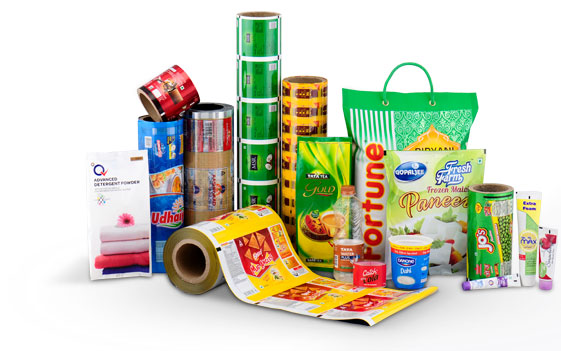Retail and FMCG are two terms that are often used interchangeably, but they are not the same thing. While both are related to the sale of goods, there are some key differences between the two. In this article, we will explore the differences between retail and FMCG and how they impact businesses and consumers.
What is Retail?
Retail refers to the sale of goods to the end consumer. This can be done through physical stores, online marketplaces, or a combination of both. Retailers purchase goods from manufacturers or wholesalers and sell them to consumers at a markup. Retailers are responsible for creating a positive shopping experience for their customers, which includes everything from store layout and design to customer service.
What is FMCG?
FMCG stands for Fast-Moving Consumer Goods. These are products that are sold quickly and at a relatively low cost. Examples of FMCG products include food and beverages, personal care items, and household cleaning products. FMCG products are typically sold through retailers, but they can also be sold through wholesalers or directly to consumers.
Key Differences between Retail and FMCG
- Product Lifespan
One of the key differences between retail and FMCG is the lifespan of the products. Retail products can have a longer lifespan, as they are not necessarily consumed or used up quickly. FMCG products, on the other hand, have a shorter lifespan, as they are typically consumed or used up within a short period of time.
- Pricing
Another difference between retail and FMCG is pricing. Retail products tend to be priced higher than FMCG products, as they are often considered to be more luxurious or high-end. FMCG products, on the other hand, are priced lower to appeal to a wider range of consumers.
- Marketing
Marketing is also different for retail and FMCG products. Retail products often require more marketing efforts to create brand awareness and attract customers. FMCG products, on the other hand, rely on mass marketing techniques to reach a wider audience.
- Sales Volume
Finally, sales volume is another key difference between retail and FMCG. Retail products tend to have lower sales volume, as they are often more expensive and targeted towards a specific audience. FMCG products, on the other hand, have higher sales volume due to their lower price point and wider appeal.
Conclusion
In conclusion, while retail and FMCG are related to the sale of goods, they are not the same thing. Retail refers to the sale of goods to the end consumer, while FMCG refers to fast-moving consumer goods that are sold quickly and at a relatively low cost. Understanding the differences between the two can help businesses make informed decisions about their sales and marketing strategies, and help consumers make informed purchasing decisions.




More Stories
Lidi Toys Launches Safe and Fun Toy Flint Guns for Outdoor Play: A Must-Have for Kids!
How to Properly Store Your Outdoor Pop-Up Bubble Tent
Lidi Toys Unveils Innovative Rotary Water Cannon: Explore Its Advantages and Applications!